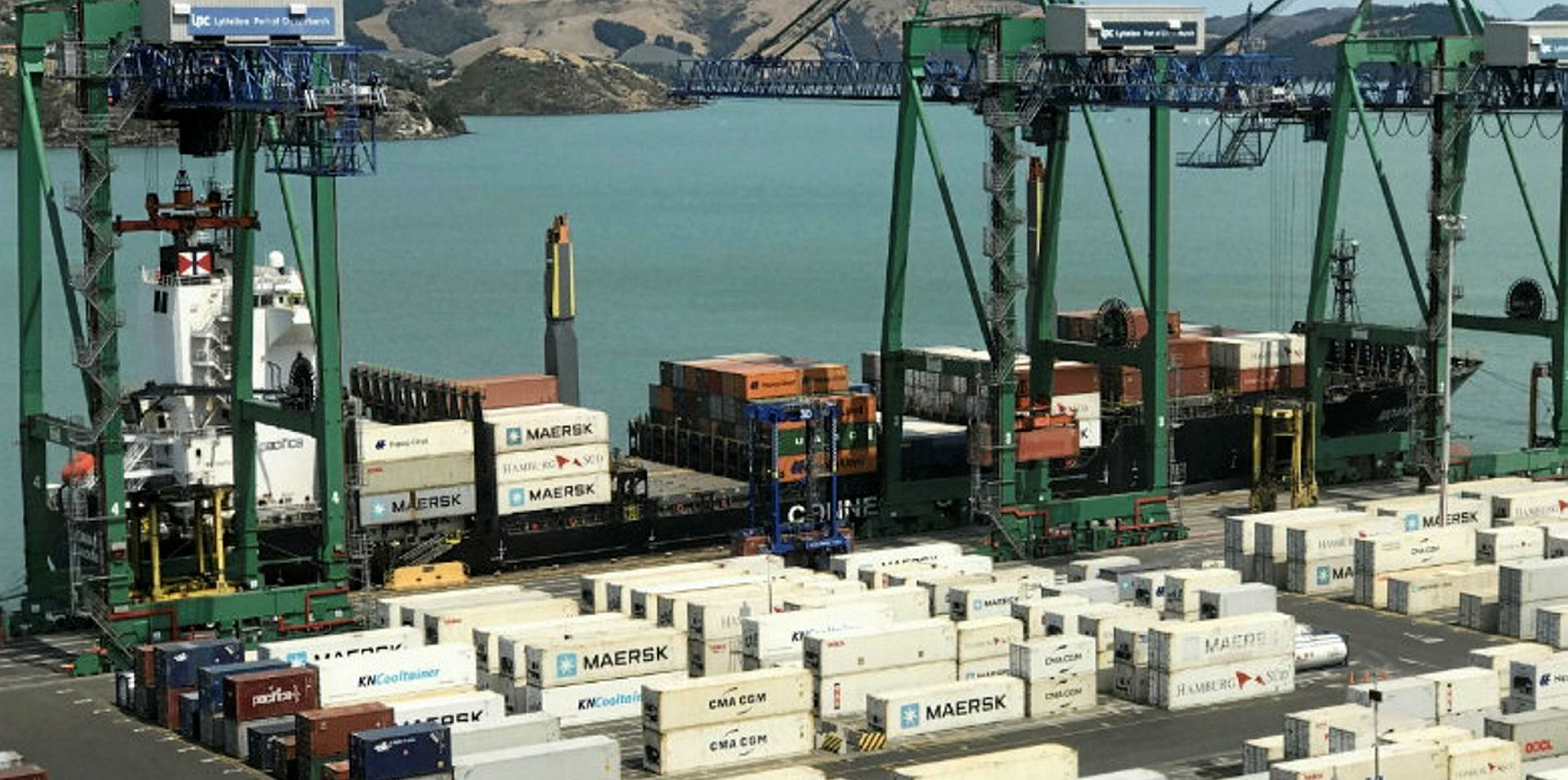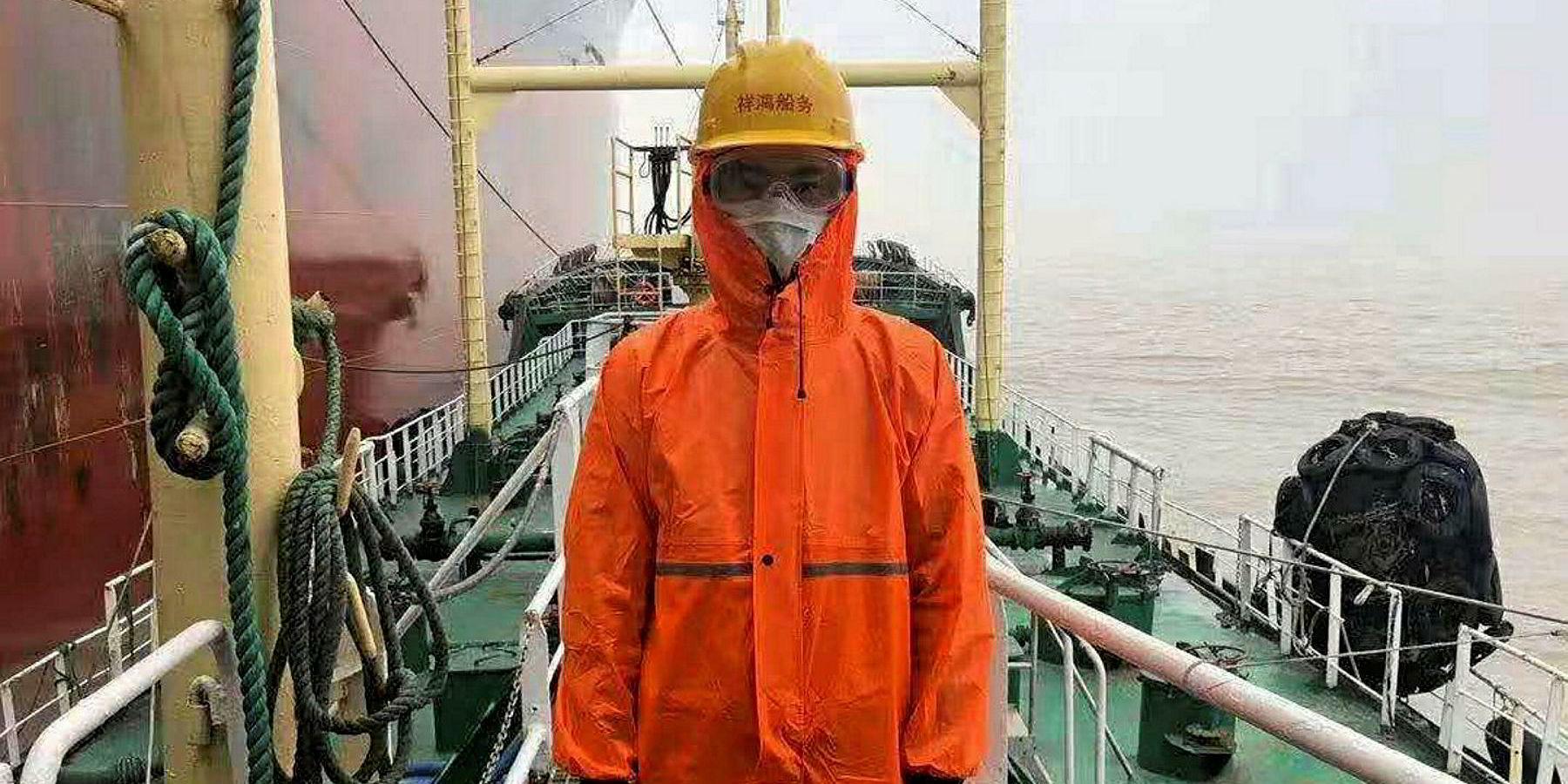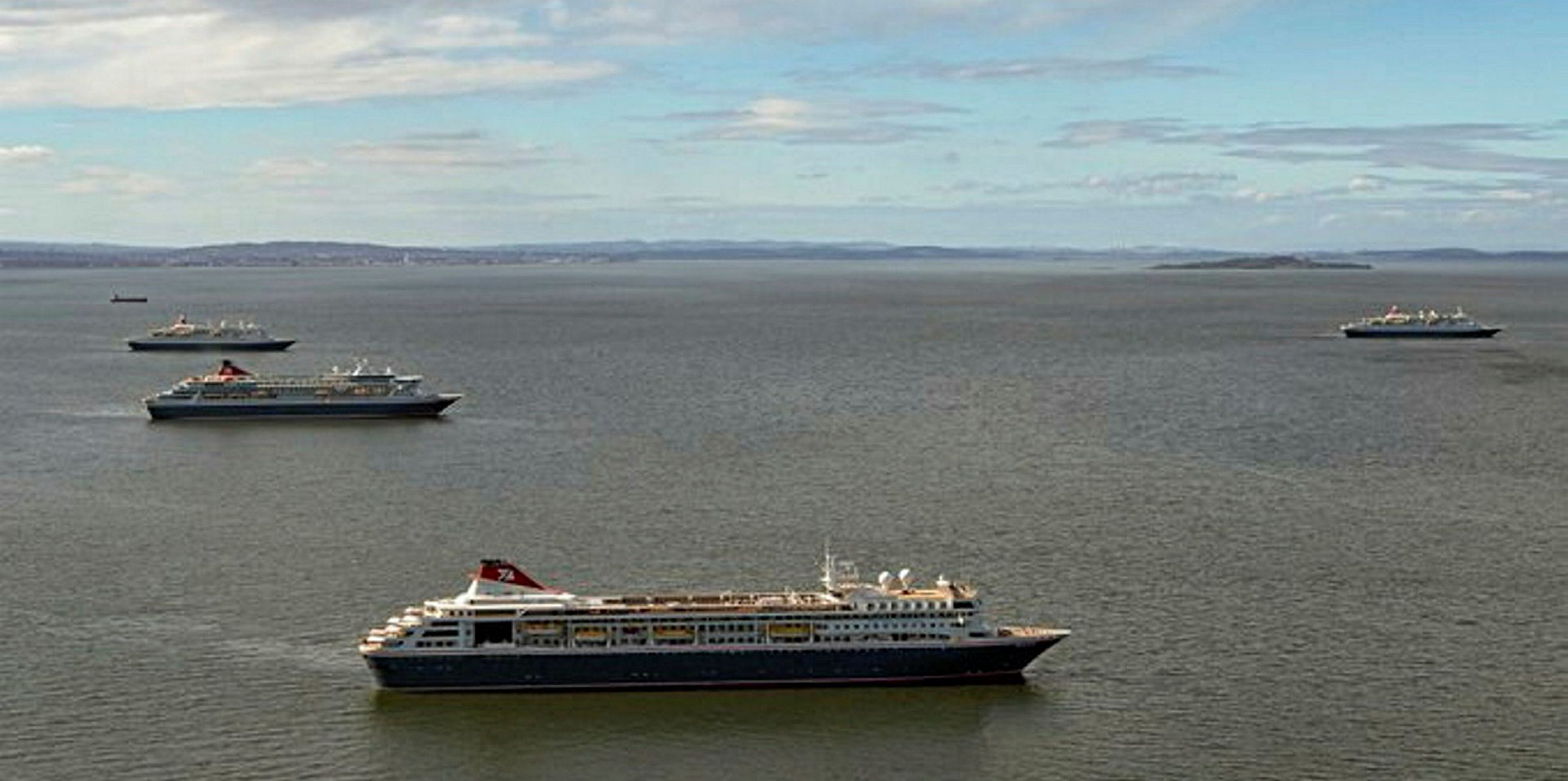Human Rights at Sea has strongly criticised the New Zealand government over what it called the "precarious" state of welfare support for seafarers visiting its ports.
In a new report, called New Zealand: Under-Funding of Seafarers’ Welfare Services and Poor MLC Compliance, the UK charity claimed the long-term maintenance of valued seafarers' centres remains under constant threat due to the lack of financial and logistical sustainability.
Human Rights at Sea (HRAS) blamed the government and the local maritime industry.
The issue pre-dates the coronavirus pandemic, the non-profit group added.
Shoreside welfare services have been suspended in New Zealand due to the Covid-19 outbreak.
The report was commissioned on a no-fee basis from maritime lawyers by the port chaplaincy in Lyttelton last October.
The effort involved an independent review of disclosed documentation, legal opinion, government responses and the New Zealand Seafarer Welfare Boards’ attempts to secure sustainable resourcing.
A warning for the world
"Its findings and recommendations should be noted, not just in New Zealand but around the world, for emerging seafarer’s Port Welfare Committees and partnerships," the charity said.
The "uncompromising charity" of local people and parishioners in terms of their funding and volunteering in affected port communities has been, and continues to be, the backbone of the provision of assistance to visiting seafarers, HRAS added.
But it warned that this is not a sustainable option, especially when looking to the welfare provisions of the Maritime Labour Convention (MLC) 2006.
"In New Zealand, there appears to be a broken system of gross underfunding and poor support in respect of the role and responsibility of the state and pertinent commercial maritime entities," the report states.
MLC not being supported
"The New Zealand government has seemingly failed to support the MLC, its intent and, specifically, the reasonable and necessary welfare provisions for seafarers."
Further, HRAS said the government does not appear to have engaged with the International Labour Organization (ILO).
In 2017, it cost New Zealand seafarers’ welfare charities more than NZD 700,000 ($420,000) to finance the country's shore-based welfare centres.
There was a grant of NZD 5,000 from Maritime New Zealand, two NZD 5,000 grants from port authorities, and a NZD 5,000 grant from Christchurch Council.
The cost of running welfare centres would be much higher if it were not for the reliance on voluntary labour to staff seafarers’ centres, HRAS said.
It is estimated that in 2017, using the independent volunteer sector rate of NZD 23 per hour, volunteers contributed NZD 600,000 to staffing these.
The report recommends the government immediately review the funding mechanism, or lack thereof, for welfare facilities and services under the MLC.
ILO complaint possible
The document also called for updated compulsory port levy system, in line with that advocated by the International Transport Workers’ Federation, to specifically focus on sustainably delivering seafarers’ welfare services.
The charity is raising the possibility of a formal complaint to the ILO for non-compliance with a convention obligation should the New Zealand government fail to act.
Lyttelton port chaplain Reverend John McLister, of the Mission to Seafarers, said: "We are three weeks into the lockdown, and while the government is rightly focused on Covid-19 concerns, more than any time in our history are we reliant on our maritime trade."
"This has not stopped, but seafarers' rights have been severely curtailed under the present crisis. The best way we could honour the essential work seafarers are doing is to ensure when the crisis eases, they have decent facilities."
The government of New Zealand told the charity that it had acknowledged receipt of the report and will consider its findings.







